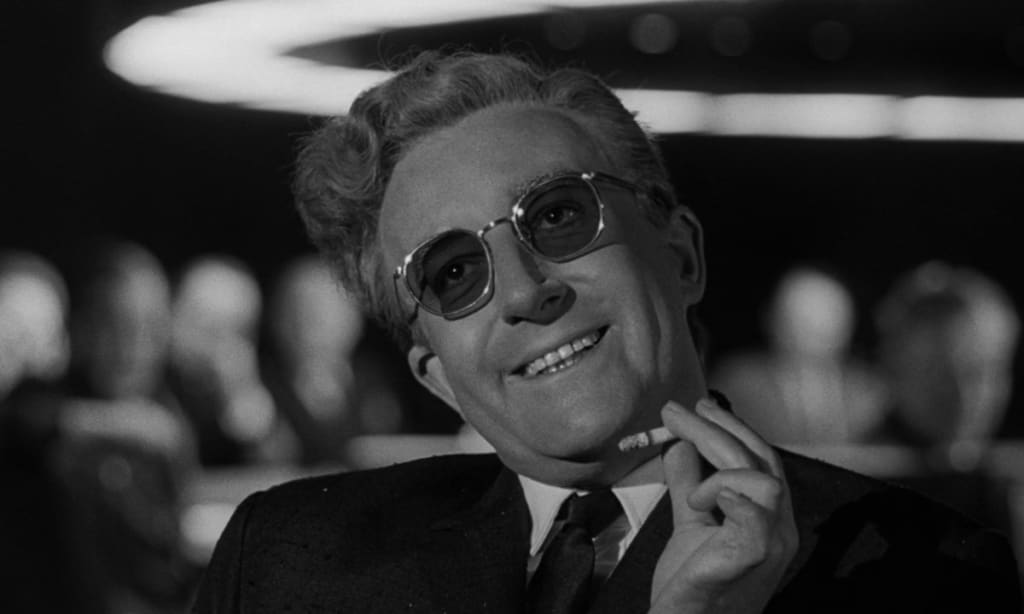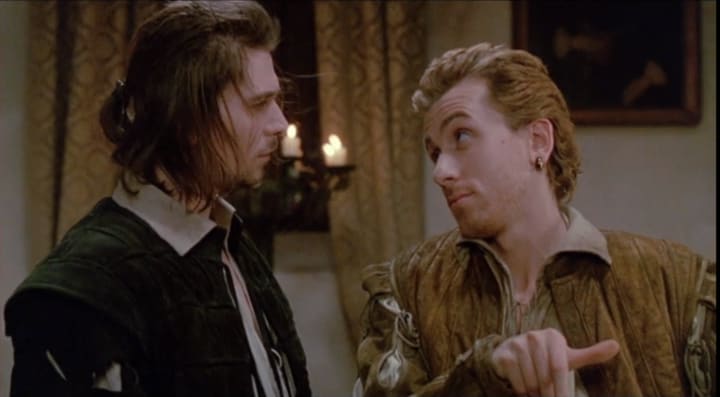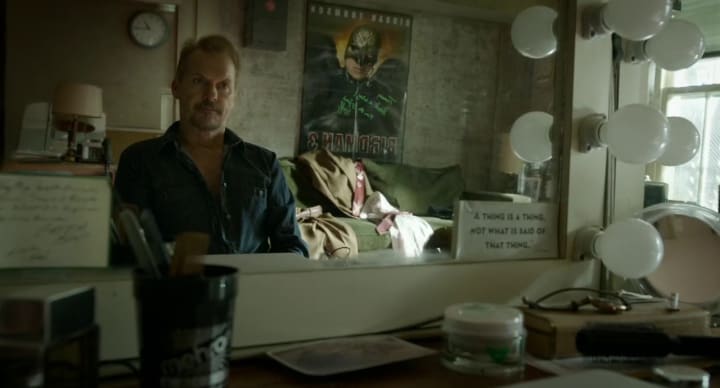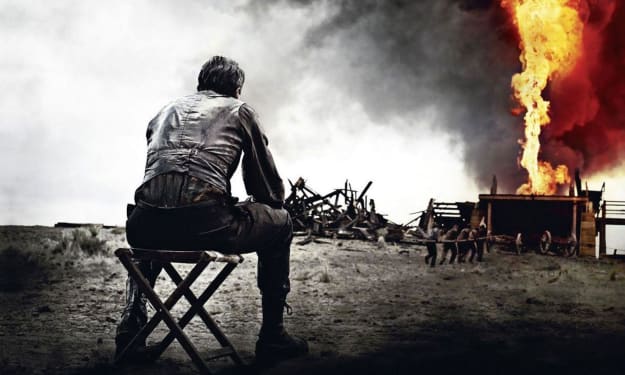A Filmmaker's Guide to: Absurdism
Film Studies (Pt.36)

In this chapter of ‘the filmmaker’s guide’ we’re actually going to be learning about literature and film together. I understand that many of you are sitting in university during difficult times and finding it increasingly hard to study and I understand that many of you who are not at university or not planning on it are possibly stuck of what to do, need a break or even need to catch up on learning film before you get to the next level. This guide will be brief but will also contain: new vocabulary, concepts and theories, films to watch and we will be exploring something taboo until now in the ‘filmmaker’s guide’ - academia (abyss opens). Each article will explore a different concept of film, philosophy, literature or bibliography/filmography etc. in order to give you something new to learn each time we see each other. You can use some of the words amongst family and friends to sound clever or you can get back to me (email in bio) and tell me how you’re doing. So, strap in and prepare for the filmmaker’s guide to film studies because it is going to be one wild ride.
Absurdism

What is it?
Creators of the 'absurd' normally focus on the 'absurdity' around the human condition. Albert Camus explains it incredibly in his book "The Myth of Sisyphus" (1942) here:
"In a universe that is suddenly deprived of illusions and of light, man feels a stranger. His is an irremediable exile...The divorce between man and his life, the actor and his setting, truly constitutes the feeling of Absurdity..."
For years, literature has exploited the concept of the absurd conditions of humanity through dark humour of 'black comedy'. The most famous of these being the Tom Stoppard play that was based on Hamlet: "Rosencrantz and Guildenstern are Dead" which was later made into a movie starring Gary Oldman and Tim Roth as the lead men.
Throughout literature, we can also see the interpretation of the absurd has not just been a comedic one, but also a confusing one with Joseph Heller's "Catch 22" (1961) being a fine example of a paradoxical situation from which arose a common saying of a particular setting of life - a catch-22. Other fictions include:
- The World According to Garp by John Irving
- Malone Dies by Samuel Beckett
- V by Thomas Pynchon
- The Metamorphosis by Franz Kafka
- The Tin Drum by Gunter Grass
What about in film?

In film, there are many examples of the absurd, with many following the folly of politics upon the human condition and how humanity is changed by politics, but not always for the better. One of the most famous examples (and one of my personal favourite movies of all time) is "Dr. Strangelove" by Stanley Kubrick. Not only does this represent the multitude of characters that are impacted by various choices concerning the human condition and its political stance, but it also offers a dark comical background on which to build our response to the film. It is both entertainment and analysis at the same time.
Here's a watchlist you could look at when learning more about the "absurd" theory of film:
- American Werewolf in London (1981)
- Rosencrantz and Guildenstern are Dead (1990)
- Full Metal Jacket (1987)
- Bonfire of the Vanities (1990)
- Birdman (2014)
- Fargo (1996)
- Heathers (1988)
- Filth (2013)
- Vice (2018)
- Suburbicon (2017)
There's a lot to be studied about the absurd, this can include literature, theatre and film. But if you really want to look into the absurd, you need to get the material and see how the film/book is portraying the human condition, turning it on its head and making light of how we are basically just all dying. It's like existentialism, but it's trying to make you laugh through its approach to darkness.
How is the plot and how are the characters portraying what it means to exist and be alive?
Further Reading:
- Albee, E (2001). Who's Afraid Of Virginia Woolf?. UK: Vintage Classics
- Beckett, S (2006). Waiting for Godot: A Tragicomedy in Two Acts. UK: Faber and Faber
- Camus, A (2005). The Myth of Sisyphus. UK: Penguin Great Ideas.
- Esslin, M (2001). The Theatre Of The Absurd (Plays and Playwrights). 2nd ed. UK: Methuen Drama
- Heller, J (2011). Catch-22. 2nd ed. UK: Vintage Classics
- Sartre, J.P (2000). Nausea. 2nd ed. UK: Penguin Modern Classics.
- Wilde, O (2000). The Importance of Being Earnest and Other Plays. 2nd ed. UK: Penguin Classics
About the Creator
Annie Kapur
200K+ Reads on Vocal.
English Lecturer
🎓Literature & Writing (B.A)
🎓Film & Writing (M.A)
🎓Secondary English Education (PgDipEd) (QTS)
📍Birmingham, UK






Comments
There are no comments for this story
Be the first to respond and start the conversation.